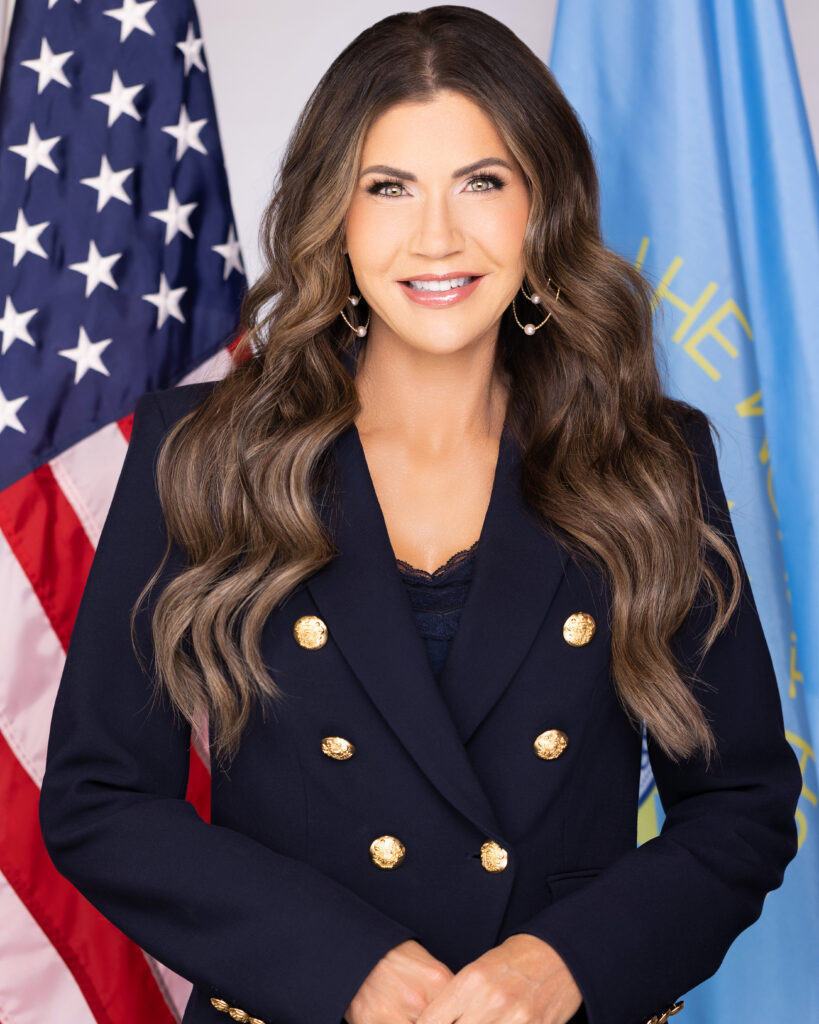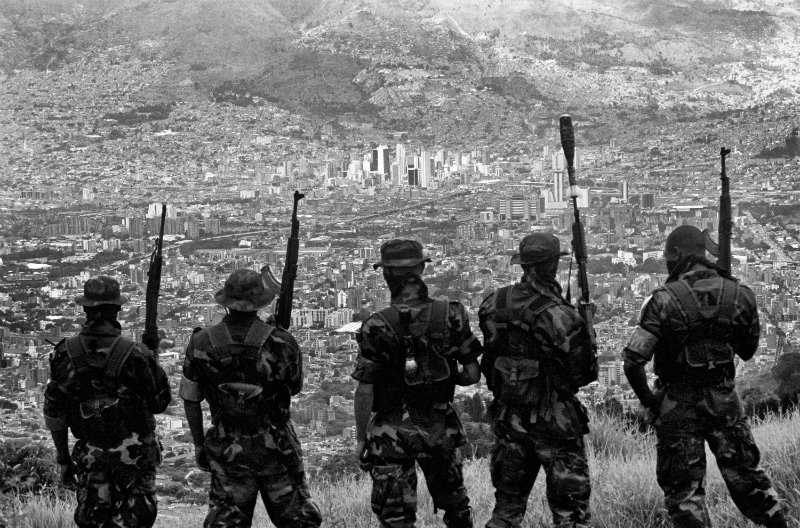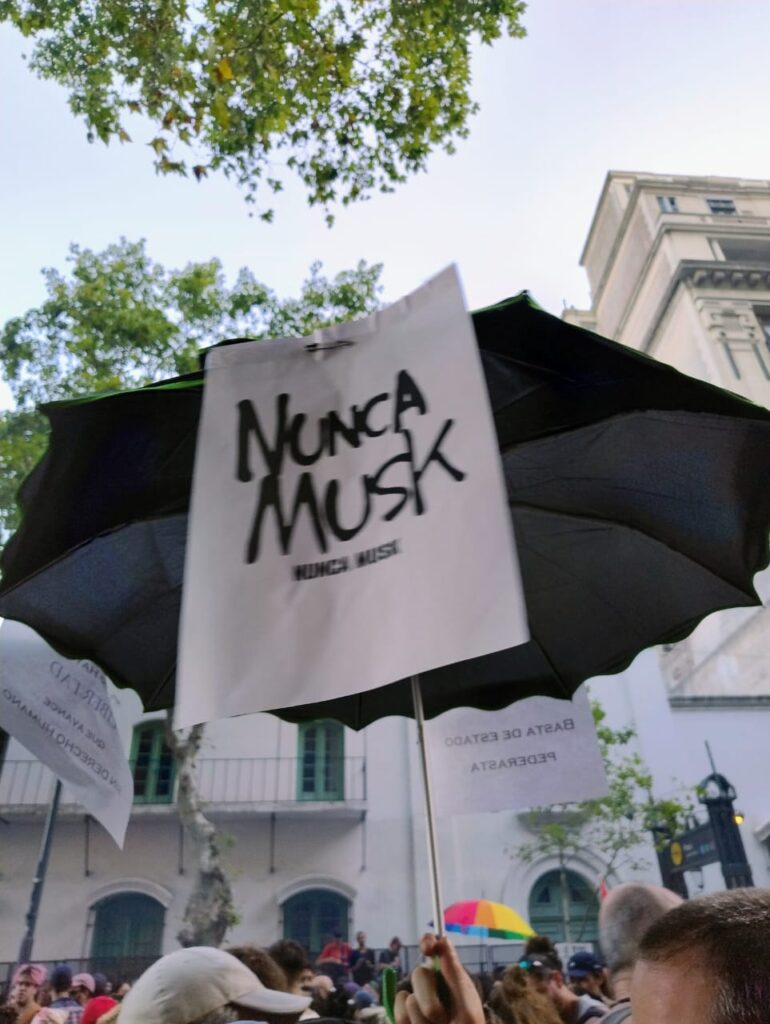On January 31, a special envoy to U.S. President Donald Trump flew to Venezuela to hold talks with President Nicolás Maduro. The trip resulted in the return of six U.S. citizens that had been held in Venezuelan prisons, and the Maduro government agreeing to receive deported migrants.
Richard Grenell, Trump’s crisis negotiator and close ally, arrived in the capital, Caracas, with the objective of getting Venezuela to accept deportation flights of undocumented immigrants and the liberation of U.S. citizens detained in Venezuelan prisons.
The meeting fuelled speculation of possible negotiations between Washington and Caracas since the U.S. does not officially recognize Maduro’s presidency after accusations of fraud in last year’s presidential election.
Grenell met with Maduro, Vice President Delcy Rodríguez and Jorge Rodríguez, leader of the National Assembly. He had already met with Rodríguez at the end of Trump’s first term in 2020.
The objectives of the meeting were reached as later on Friday, Trump posted on X:
“Just been informed that we are bringing six hostages home from Venezuela. Thank you to Ric Grenell and my entire staff. Great Job!”
Grenell posted a photo of himself and the released prisoners aboard the plane.

A statement from the Maduro government affirmed that the meeting was held with “mutual respect” and “addressed various issues of interest to both countries: migration, negative impact of economic sanctions against Venezuela, U.S. citizens involved in crimes on national territory and the integrity of the Venezuelan political system. The need to turn relations around was also reaffirmed.”
Trump says Maduro agreed to receive deported migrants
On Saturday, Trump announced that Venezuela agreed to receive deported migrants, “including members of Tren de Aragua,” the post on X said.
Additionally, “Venezuela has agreed to supply the transportation back,” the post continued.
To deport foreign citizens back to their country of origin, the U.S. must have an agreement with the government of a given country. While bilateral representation between the US and Venezuela has been suspended since 2019, the results of Friday’s meeting indicate an agreement has been reached.
At the time of writing, the Venezuelan government has yet to make a formal announcement about receiving deportation flights.
During his first term, Trump used a “maximum pressure” campaign against Maduro, in an effort to push him out of power. But, given Trump’s “mass deportation” plans and his “America First” campaign, there have been questions as to how the relationship with Maduro might evolve during this second term.
The optics of a smiling Grenell next to a gleeful Rodríguez, could indicate a shift in that relationship.
Venezuelans under Temporary Protected Status (TPS) to lose deportation protection
Last week, the Trump administration revoked extensions to the temporary protected status (TPS) that shielded about 600,000 Venezuelans living in the U.S. from deportation. The news was first reported by the New York Times.

In a notice released by the Department of Homeland Security (DHS) on February 2, Secretary Kristi Noem determined that conditions in Venezuela “no longer” meet the criteria for its citizens to qualify for temporary protected status in the U.S.
The Biden administration had extended protections through to autumn of 2026, citing the “severe humanitarian emergency” Venezuela continues to face “due to political and economic crises under the inhumane Maduro regime.”
According to a copy of the unpublished notice released by the DHS, Noem recognized that Venezuela continues to face many of the same issues but “notable improvements in several areas such as the economy, public health and crime that allow for these nationals to be safely returned to their home country.”
Nearly 350,000 Venezuelans will now lose the protections granted under the TPS in April, after they gained relief from deportation and obtained work permits in 2023.
Featured Image Credit: Cancillería Venezuela via Instagram
The post Venezuela frees six US prisoners and agrees to receive migrants after Trump envoy meets with Maduro appeared first on Latin America Reports.



